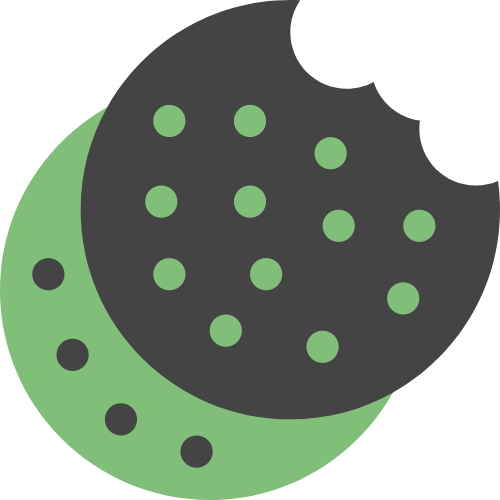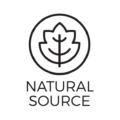- Getting Started
-
by k.mammasis

Find out what helps when your iron levels are low. Among the things you can do to help increase your iron levels are the following:
Increase iron-rich foods in your diet
Consuming foods that are high in iron, such as pomegranates, leafy green vegetables, lentils, tofu, and fortified cereals, can help increase your iron levels.
Pair iron-rich foods with vitamin C
Eating foods high in vitamin C, such as pomegranates, tomatoes, and peppers can help your body absorb iron more effectively. Here is a possible excellent source of Vitamin C paired with other vital pomegranate bioactive compounds and Vitamin B12 that you can use to help raise your iron levels.
Avoid foods and beverages that inhibit iron absorption
Certain foods and beverages, such as coffee, tea, and calcium-rich foods, can inhibit iron absorption. It’s best to avoid consuming these alongside iron-rich meals.
Consider cooking with cast iron cookware
Address underlying medical conditions
If an underlying medical condition, such as celiac disease or inflammatory bowel disease, is contributing to your low iron levels, treating the condition may help improve your iron levels.
Rest and manage stress
Rest and stress management techniques, such as meditation or yoga, can help reduce stress and fatigue, which can contribute to anemia. It’s important to work with your healthcare provider to determine the underlying cause of your low iron levels and the best course of treatment for your specific situation. They may recommend additional tests or treatments.














